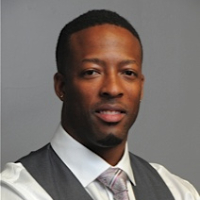Sterling DUI-DWI Lawyer, Connecticut
Sponsored Law Firm
-
 x
x

Click For More Info:
-
Andrew M Amendola, Attorney at Law
591 Thompson Avenue East Haven, CT 06512» view mapAccident & Injury, Criminal, Estate, Real Estate Where Every Client Matters
Let Andrew M Amendola, Attorney at Law handle all your legal needs today@
800-942-4780
Donald Edwood Howard
Car Accident, DUI-DWI, Slip & Fall Accident
Donald is orginally from Chicago, Illinois. He is 2003 graduate of Mississippi State University (MSU). He received his Masters in Public Policy Admini... (more)
John F. O'Brien
✓ VERIFIEDCriminal, Accident & Injury, Motor Vehicle, DUI-DWI, Civil & Human Rights
Attorney John F. O’Brien has over 30 years of experience as a criminal defense lawyer. We’ve been protecting people’s rights in Hartford, CT sin... (more)
FREE CONSULTATION
CONTACTDennis J O'Brien
Power of Attorney, Tax, DUI-DWI, Car Accident, Land Use & Zoning
Status: In Good Standing Licensed: 52 Years
Tracie L Molinaro
Real Estate, Estate, Family Law, Divorce & Family Law, DUI-DWI
Status: In Good Standing Licensed: 30 Years
 Andrew Amendola East Haven, CT
Andrew Amendola East Haven, CT AboutAndrew M Amendola, Attorney at Law
AboutAndrew M Amendola, Attorney at Law


